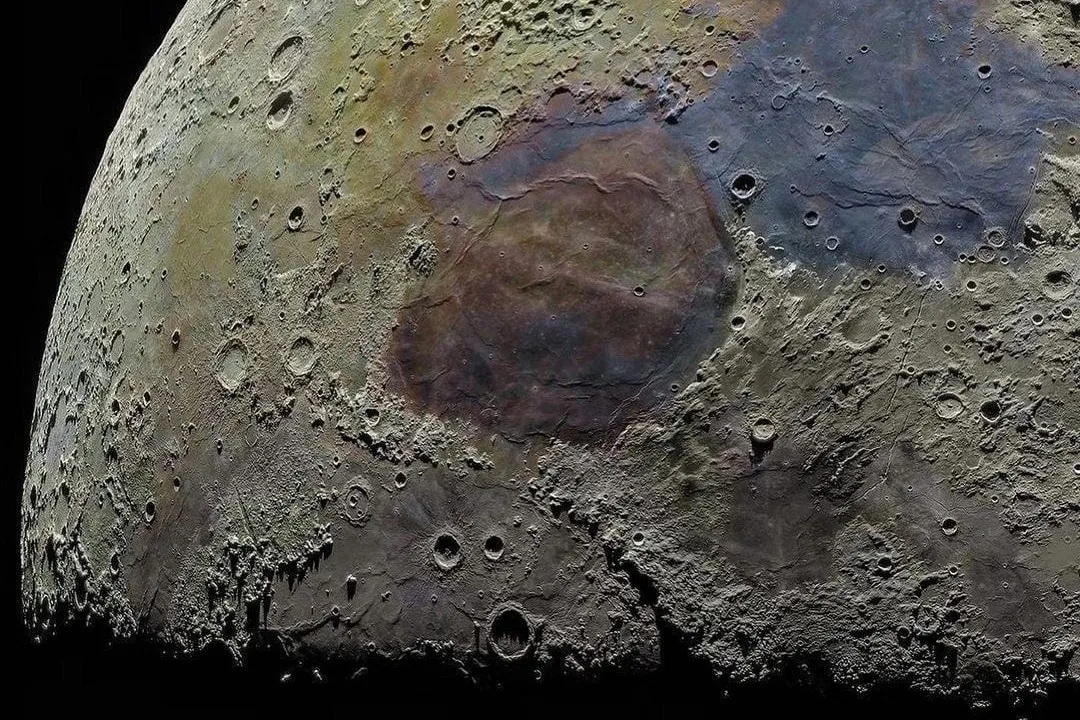The Guardian’s article on opium in Afghanistan may assume (or hope?) that the opium production is there to stay, because the economy won’t be transformed. However, in the process of reviewing where 80% of the world’s opium comes from, the article provides a glimpse of the obvious solution. Both the government and the poppy growers know that water could be made available, and the opium production would disappear.
The Guardian notes that the drought is destroying the other crops. Then, they quote Abdul Ahad, Governor of Helmand province, where the poppy cultivation is centered: “Farmers are faced with a looming threat of drought. Farmlands and orchards are badly affected and that will force many farmers to grow poppies because it remains the only lifeline. If the international community does not accept our demands and the demands of civilians, farmers and the government, the farmers would go back to poppy cultivation because we have no other option. The international community should help in making dams, provide seeds and help the farmers to grow other crops.” That is, they demand what the United States famously delivered back in the 1950’s and 1960’s, building up the Helmand river valley with a “TVA Project.”
The Guardian then interviews two opium farmers. Mohammed Yaqoob has grown poppy for 20 years in Helmand’s Musa Qala: “I want the foreigners to leave us Afghans alone and only help us by providing us with seeds and other facilities for agriculture; then we may grow something else other than opium. Otherwise, there is no alternative for us.” Amrullah has grown poppy for 40 years in Musa Qala: “We don’t get anything from wheat and vegetables, which need a lot of water and can’t supplement our income.”
There it is: Two out of two opium farmers prefer the TVA approach in Helmand.




